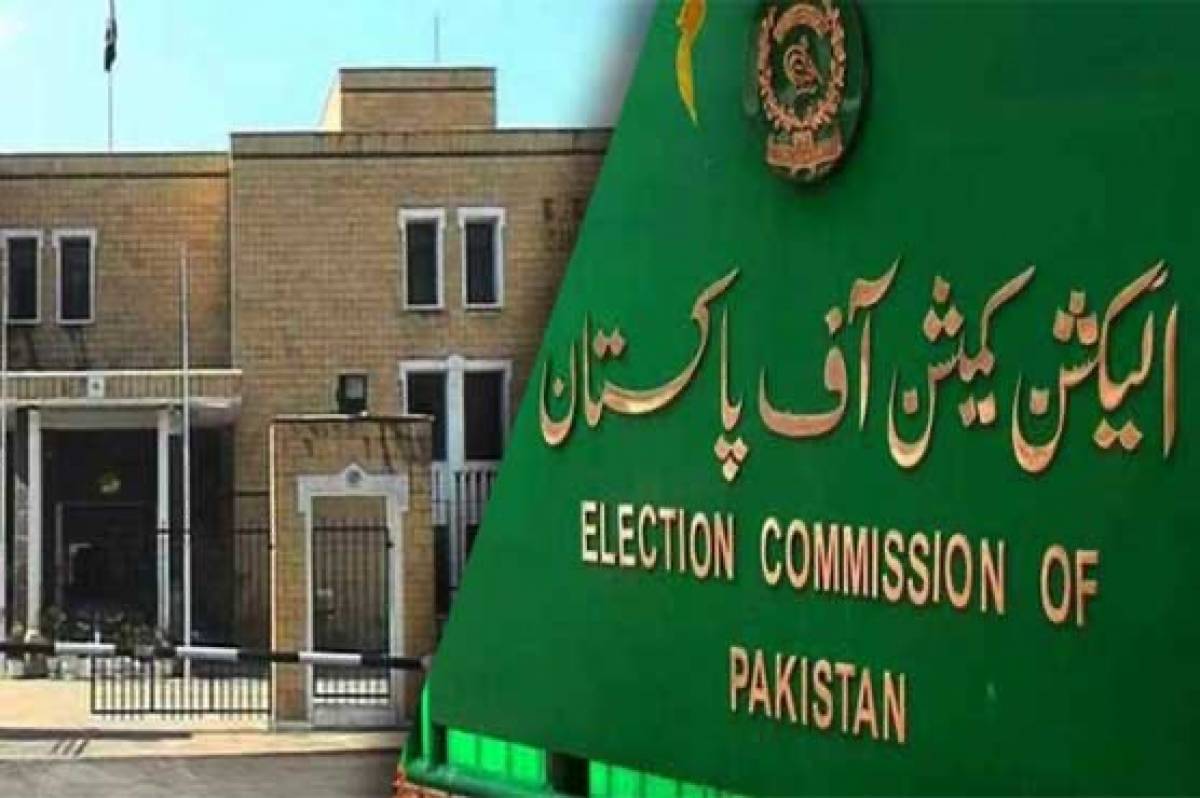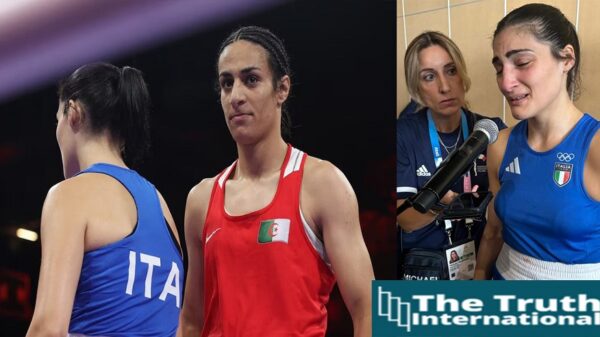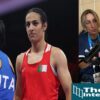ISLAMABAD: Except for the governing Pakistan Tehreek-i-Insaf (PTI), all political parties, including allies of the government, challenged recent revisions to the elections legislation to enable crucial public office holders to take part in election campaigns on Tuesday with the Election Commission of Pakistan (ECP).
Chief Election Commissioner Sikandar Sultan Raja presided over a meeting during which representatives of 17 political parties were asked for their thoughts on a draught code of conduct for the upcoming general elections.
According to reliable sources, the majority of political parties are opposed to the decree that just changed the code of conduct for elections. Election campaigning should be banned for all key officeholders of the ruling PTI, according to all other political parties.
The purpose of the conference was to improve the proposed election code of conduct.
Among those in attendance was PTI’s Minister of State for Information Farrukh Habib, Senators Taj Haider and Farhatullah Babar, as well as Zahid Hamid and Ahsan Iqbal, of the Pakistan Muslim League-Nawaz.
Section 181-A of the Elections Act, recently enacted by presidential edict, was the subject of a poll asking participants their thoughts. This section empowers a member of parliament, provincial assembly or elected member of local government (including members holding any other position under the Constitution and any other legislation) to visit or address public gatherings in any area or constituency. “
ECP should control the code of conduct under presidential edict, according to PTI delegates. The advocates deemed a constitutional provision of free mobility unassailable. Most other political parties, on the other hand, believe that parliamentarians should not be permitted to travel to polling places once the timetable for the elections has been announced.
It was suggested that regular members of the assembly may participate in poll campaigns, but most political party representatives vehemently rejected this idea. Under Section 233 of the Elections Act, the code of conduct had to be drafted by the ECP in conjunction with political parties and the government had no legal authority to change it through an ordinance, they claimed.
Key public officeholders, including president, prime minister, governors, chief ministers and Senate chairman and deputy chairman as well as National Assembly speaker and deputy speaker members of federal and provincial cabinet members should not participate in the election campaign, according to most political parties.
They believed that the contentious ordinance would obstruct the holding of free and fair elections in the state. At the meeting, the CEC was cited as noting that the ECP had previously voiced its concerns about the contentious ordinance to Pakistan’s attorney general.
Participation in discussions with others
Also on International Women’s Day, the CEC said that the ECP has organised consultation events in conjunction with stakeholders to gather excellent ideas for strengthening the role of women, people with disabilities, minorities, and transgender people in the electoral process.
The CEC reaffirmed its commitment to fulfilling its constitutional responsibilities. He stated the ECP would greatly benefit from any and all suggestions made at these types of gatherings and consultations, particularly those from members of civil society, women, and the relevant departments.
According to Article 218(3) of the Constitution, the ECP is responsible for ensuring that the country’s elections are free, fair, transparent, and impartial, he stated. Article 25(2), he explained, also obligates the ECP to guarantee that all members of society may participate in the democratic process without fear or intimidation and on an equal footing.
Works at The Truth International Magazine. My area of interest includes international relations, peace & conflict studies, qualitative & quantitative research in social sciences, and world politics. Reach@ [email protected]










